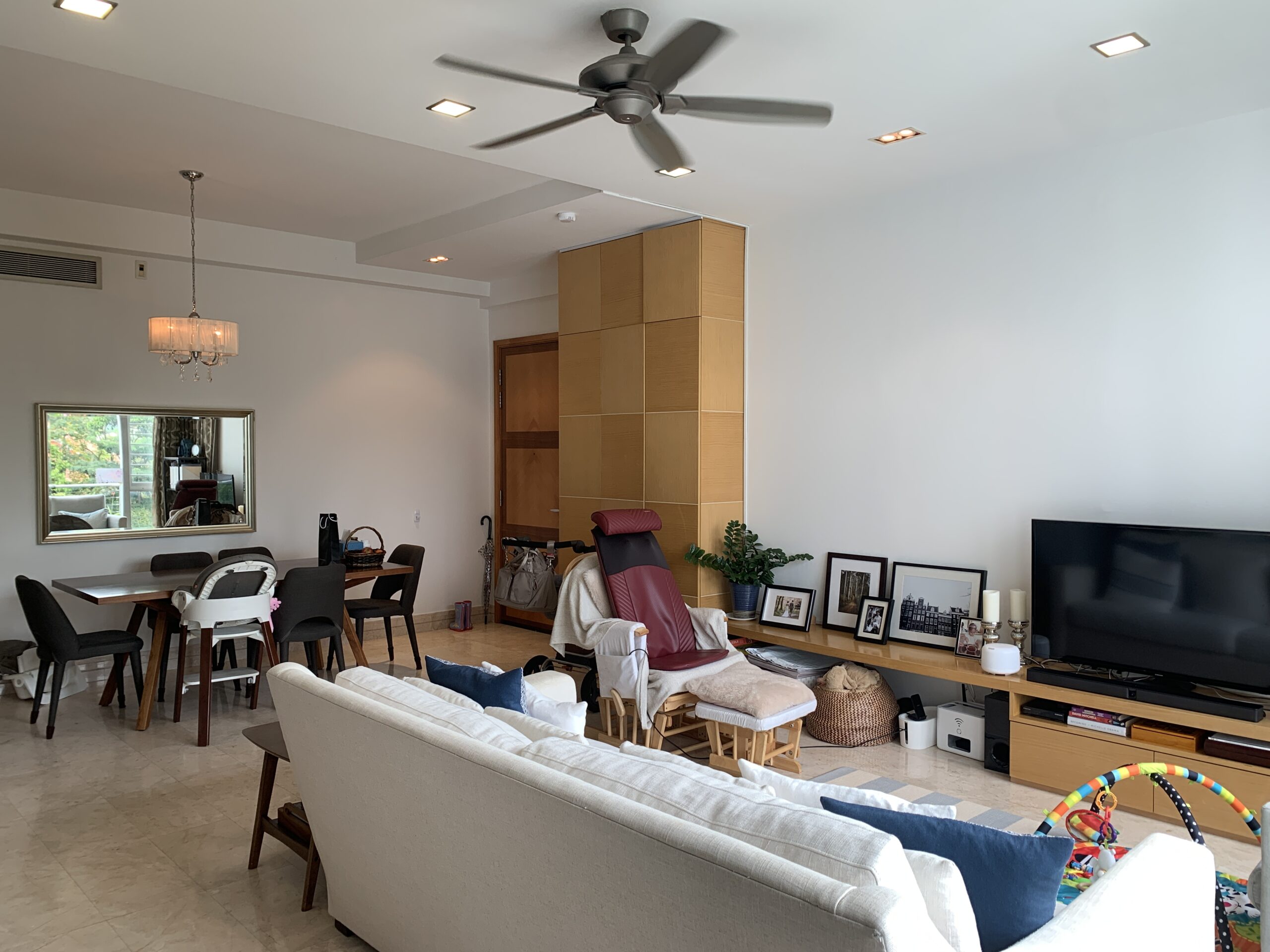In a recessionary environment, loan growth slows and deposits tend to grow, says CIMB Private Bank economist Song Seng Wun.
SINGAPORE saw a record jump in deposits in April as investors rushed to park funds here given its status as a safe haven amidst global market volatility, said analysts.
The circuit-breaker measures have also resulted in excess liquidity as residents stay indoors with most shops shut, even as they become more cautious about spending.
Deposits from residents outside Singapore jumped 44 per cent to its highest level of S$62.14 billion, according to data by the Monetary Authority of Singapore. This includes deposits from persons with registered addresses outside Singapore such as overseas residents, Singaporeans working abroad and companies with a registered overseas address.
Meanwhile, foreign currency deposits at banks here soared almost four times to a record S$26.97 billion in April from a year ago.
Singdollar-denominated deposits – which make up the bulk of deposits – also went up 10 per cent to S$716.6 billion in April from a year ago, the highest it has been.
Collectively, Singdollar and foreign currency deposits saw the largest jump in terms of absolute growth on a month-on-month basis.
Andrea Choong, analyst at CGS-CIMB Securities said: “We believe that this is due to Singapore’s safe haven status and its economic stability even during uncertain or volatile times.”
CIMB Private Bank economist Song Seng Wun noted that foreign currency deposits have been on the rise in Singapore since the second half of last year, coinciding with the Hong Kong unrest and escalating tensions between the United States and China due to the trade war.
“Now with recessionary fears and the lockdowns everywhere from the pandemic, there is more uncertainty for businesses, savers and households in the region,” he told The Business Times. “These concerns, be it on the China-US tensions or capital flight worries in Indonesia, have driven them to send their money into their accounts in Singapore.”
Foreign currency deposits can come from both residents and non-residents, and have mostly stayed within the S$7-8 billion range in the past few years before July 2019.
But despite the eye-catching numbers seen, analysts pointed out that foreign currency deposits make up only about 4 per cent of total deposits in the domestic banking unit.
“While the surge in foreign currency deposits are significant against itself, these deposits typically do not move the needle in the larger scheme of liquidity in the system,” said Ms Choong. “However, we take these deposit flows as a general gauge of investor or depositor sentiment of volatility in the market.”
As for Singdollar- denominated deposits, the surge is a “reflection of a sharp slowdown in economic activity” brought about the circuit breaker measures, said Mr Song.
“People are stuck at home, not travelling on holidays and can’t go out to eat and shop. They have money in the bank that they are cautious about spending,” he noted.
“Generally, in a recessionary environment, we will usually see two things – loan growth slows down and deposits will tend to grow.”
Looking ahead, analysts believe that the influx of deposits for both foreign currency and Singdollar will likely carry on in the near future, with much hanging on geopolitics and the overall state of the economy.
Ms Choong said: “We expect the trend of increased foreign currency deposits inflows to continue as long as market uncertainty persists, with the renewed China-US and Hong Kong uncertainties and so on.”
A national security law announced in Hong Kong last month could see civil unrest flare up, with more investors potentially parking their funds in safe havens such as Singapore, added Mr Song. Even so, he pointed out that this is likely to be temporary, as funds could easily flow out when the situation settles down.
This flight to safety comes even as benchmark rates here such as the Swap offer rate (SOR) and Singapore interbank offered rate (Sibor) have been falling since March, in line with the Fed as it cut rates. Fixed deposit rates have gone down accordingly.
“In this environment, deposits will grow even though rates will likely trend lower,” he said.
“In times of crisis, safety is first for depositors… Savers like us will just have to grind our teeth and brace for lower interest rates.”
Source: https://www.businesstimes.com.sg/banking-finance/non-resident-deposits-in-singapore-jump-44-to-record-s62b-in-april












